Graham Reid | | 4 min read
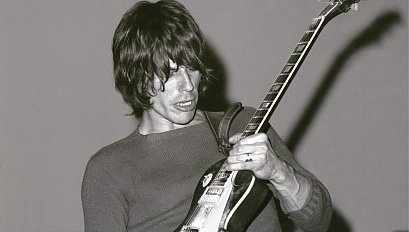
Back then "the band" was sacrosanct.
So when Eric Clapton played on George Harrison's While My Guitar Gently Weeps (on The White Album) he went uncredited.
And when Harrison returned the favour for the Cream album Goodbye the following year with his Clapton co-write Badge, he was billed as L'Angelo Misterioso.
One of the rare albums of that period where there was a band of fellow travellers was the debut album under his own name by guitarist Jeff Beck after he'd quit the Yardbirds (where he'd replaced Clapton and was in turn replaced by Jimmy Page).
That album Truth featured singer Rod Stewart, bassist Ron Wood, drummer Mick Waller, John Paul Jones on organ, pianist Nicky Hopkins and the only one disguised was timpani player “You Know Who”. It was drummer Keith Moon of the Who.
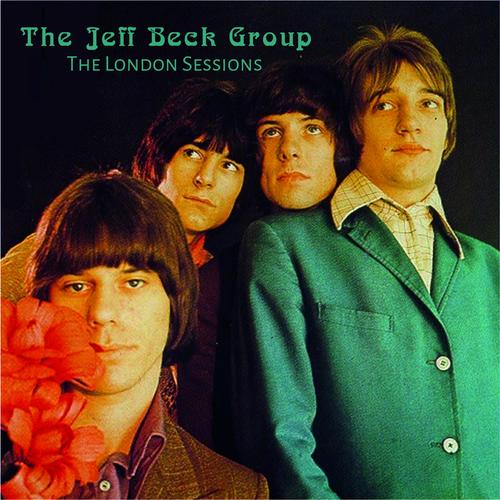 Stewart was between bands so was part of the Jeff Beck Group, Wood too was on his way somewhere else but like Stewart was part of the group for Truth and the second album Beck-Ola, Waller was out of John Mayall's Bluesbreakers and had played with Stewart in Steampacket (which included Long John Baldry, Julie Driscoll and Brian Auger) and Jones was a session musician so free to move around and looking for something permanent.
Stewart was between bands so was part of the Jeff Beck Group, Wood too was on his way somewhere else but like Stewart was part of the group for Truth and the second album Beck-Ola, Waller was out of John Mayall's Bluesbreakers and had played with Stewart in Steampacket (which included Long John Baldry, Julie Driscoll and Brian Auger) and Jones was a session musician so free to move around and looking for something permanent.
Hopkins too was a session player although at the time he was an almost permanent fixture on Rolling Stones' albums.
If Stewart, Wood, Jones and Hopkins had been better known this would have been considered a supergroup. But for most of them their bigger days were still to come.
But Truth captured a great moment in British r'n'b-based rock which flagged the heaviness to come.
The opener is a revisit to the Yardbirds pop hit Shapes of Things but is slower, more bluesy courtesy of Stewart's achingly raw vocal and features a searing psychedelic solo by Beck with pedal steel guitar overdubbing. For those coming to it cold but with some heavy rock history, the words “Led Zeppelin” would come to mind. Their debut would come the following year.
In the liner notes Beck says, “this must be played at maximum volume whatever phonograph you use”.
Let Me Love You written by Beck and Stewart is another blues rock/guitar workout, Willie Dixon/JB Lenoir's You Shook Me and their rearrangement of Ol' Man River (with that timpani player and Jones on Hammond organ) later are similarly powerful.
Beck describes them respectively as a “heavy number”, “probably the rudest sound ever recorded, intended for listening to whilst angry or stoned” and “again played loudly gives maximum value”.
Morning Dew (best known for the version by Tim Rose) allows Beck to whip out his wah-wah chops and the second side opens with a measured acoustic version of Greensleeves.
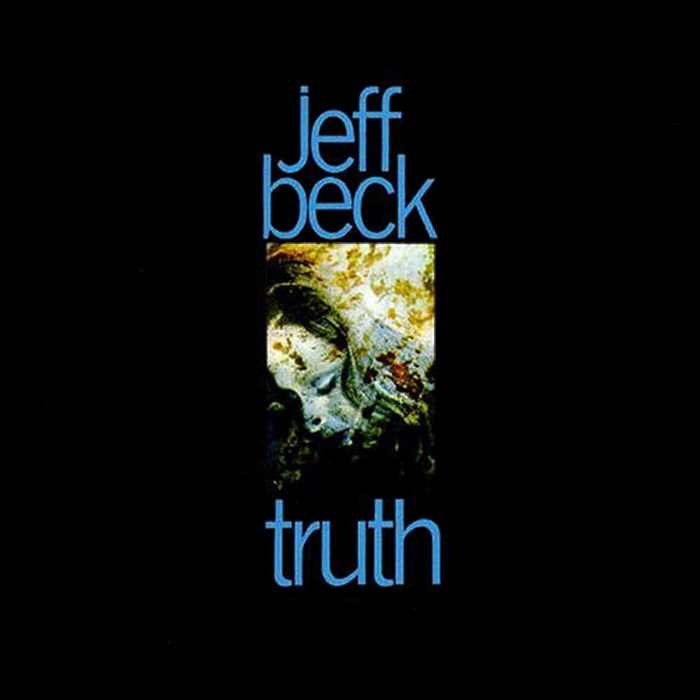 Led Zepp scholars who haven't encountered this album will see Beck and pals laying down a template (heavy blues, acoustic work, borrowed material) which Plant, Page, Bonham and Jones would follow faithfully for their debut album, albeit with slight variations. (Page's acoustic Black Mountain Side nods to Davy Graham's expansive Indo-folk style rather than Greensleeves).
Led Zepp scholars who haven't encountered this album will see Beck and pals laying down a template (heavy blues, acoustic work, borrowed material) which Plant, Page, Bonham and Jones would follow faithfully for their debut album, albeit with slight variations. (Page's acoustic Black Mountain Side nods to Davy Graham's expansive Indo-folk style rather than Greensleeves).
Hell, Zeppelin even covered You Shook Me on their debut and similarly adapted old blues for their own purposes, as Beck does here with Howling' Wolf's I Ain't Superstitious “more or less an excuse for being flash on guitar” say Beck in the liner notes.
Jimmy Page – who briefly played alongside Beck in the Yardbirds – was a great one for sitting in the wings and taking mental notes (Dazed and Confused for example) and via Jones certainly was aware of what Beck was up to.
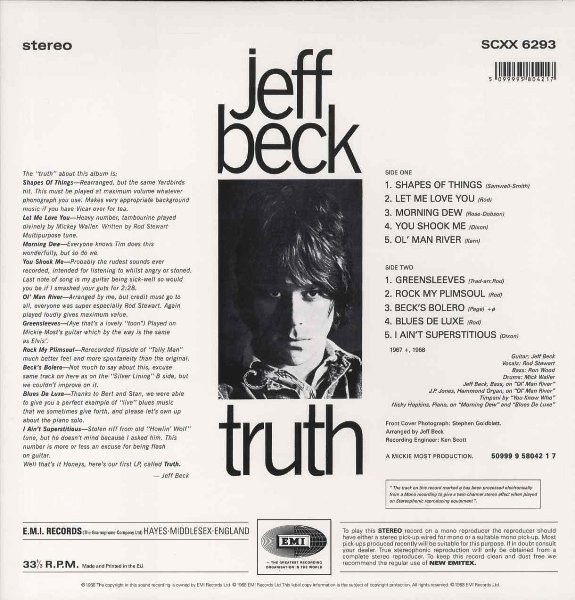 Sensibly Beck didn't put his previous hit single Hi Ho Silver Lining on the album (just a one-off with his only vocal and which he disliked) but did include the b-side, his virtuoso guitar instrumental Beck's Bolero (“excuse the same track on here . . . but we couldn't improve on it”) on which Page had played acoustic guitar.
Sensibly Beck didn't put his previous hit single Hi Ho Silver Lining on the album (just a one-off with his only vocal and which he disliked) but did include the b-side, his virtuoso guitar instrumental Beck's Bolero (“excuse the same track on here . . . but we couldn't improve on it”) on which Page had played acoustic guitar.
There was very little light between the Jeff Beck Group and Led Zeppelin at this time, a key difference being Plant's much more powerful vocals in Led Zeppelin.
Truth stands on its many own merits – Blues De Lux with Hopkins is a standout – and it has a very live feel to it.
This and that Led Zeppelin debut were albums I played back-to-back at the time and so I'm delighted it came to hand at random when pulled from the shelves at random for this on-going column.
Jeff Beck would go on to make dozens of other albums, many of them a bit shapeless although Blow By Blow had been a longtime Essential Elsewhere album.
He has enjoyed some periods of retirement to work on his classic cars, then come back to stun live audiences as he did in Auckland not that many years ago.
One of the greatest of rock guitar players who has done pretty much what he wanted.
Got to admire that, and this prescient album, a harbinger of heavy blues-based rock on the Seventies.
.
Elsewhere has a number of reviews of Jeff Beck albums, and an interesting interview here
.
You can hear this album on Spotify here which adds additional tracks from the period. Including Hi Ho Silver Lining!
.
Elsewhere occasionally revisits albums -- classics sometimes, but more often oddities or overlooked albums by major artists -- and you can find a number of them starting here

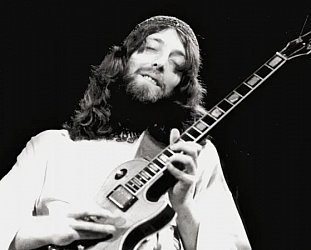

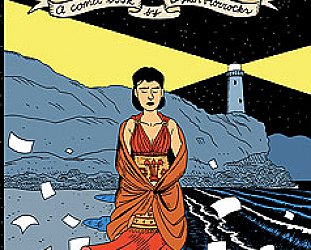
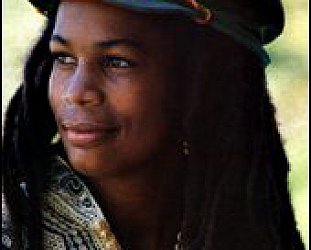
Crocodile Chuck - Dec 6, 2022
& he [Beck] played an investment banker in Oliver Stone's 'Wall Street' [1988]!
Savepost a comment